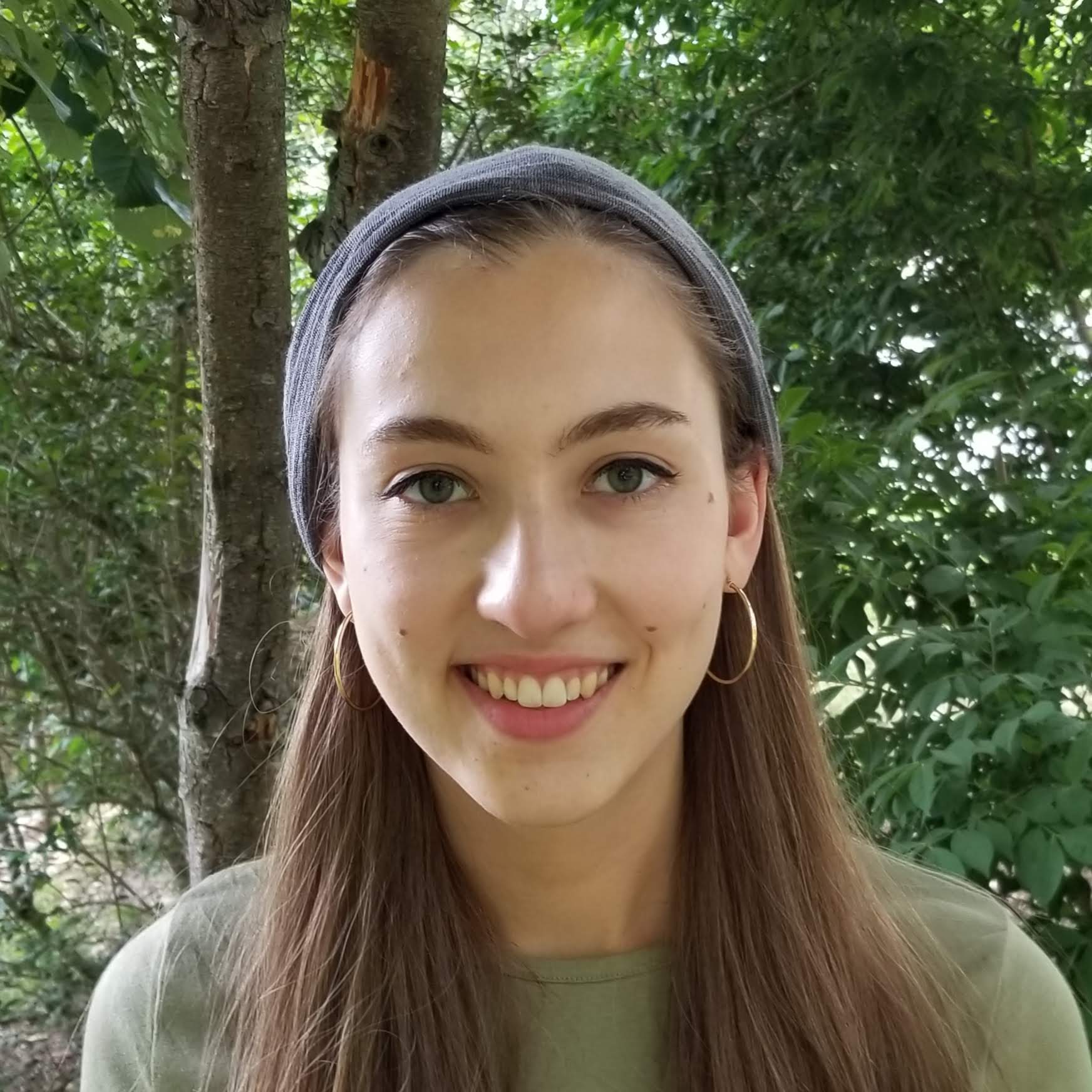This post is part of a series where Rutgers grant and/or fellowship winners are invited to share their thoughts and experiences with the process of applying for funding in graduate school.

By Tamar Lichter
Hi, my name is Tamar, and I am a Ph.D. student in Mathematics at Rutgers. My advisor is Daniel Krashen, and I work in an area of mathematics called abstract algebra. Mathematics is full of abstract concepts (like numbers, shapes, and functions), but in abstract algebra, the objects of study tend to capture some sort of structure.
For example, I often work with a type of object called a Lie algebra. A Lie algebra is a space equipped with a method of multiplying any two points. However, the multiplication is “broken” in a special way. It turns out that these objects are quite useful. Lie algebras come up in many different parts of math, and they are important in physics too.
In 2018, during my first year at Rutgers, I was awarded the NSF Graduate Research Fellowship. As a benefit of winning this fellowship, I haven’t been required to teach, as I would have been under my internal funding package. This has meant that I have had more time to devote to my research.
One piece of advice I have for applying to fellowships: it is worth applying twice! I first applied for the NSF Graduate Research Fellowship during my senior year of college. I did not receive the fellowship then, but I did get feedback from the application reviewers. The second time I applied, I had experience thinking about the prompts, and all of my application materials from the last year. I was able to refine and build upon my past responses, and so my second application was much stronger than my first.
Editor’s note: Although NSF GRFP does not allow for applicants to apply more than once as a graduate student, Tamar’s advice is fully applicable for students who like her applied for the fellowship while still completing their undergraduate careers and choose to reapply during their first or second year of graduate school. This is also great advice for many fellowships that allow applicants to apply multiple times while in graduate school. For more information on the NSF GRFP eligibility requirements, please see https://www.nsf.gov/pubs/2018/nsf18108/nsf18108.jsp#q15
For more information on Tamar’s research:
My website at Rutgers is https://sites.math.rutgers.edu/~tl548/
I also like to write about math for a general audience. From 2014-2017, I wrote mathematics articles for a publication at my college called QC Voices: http://qcvoices.qwriting.qc.cuny.edu/author/tamarlichter/. Now I have a blog called Teal Math: https://tealmath.wordpress.com/

